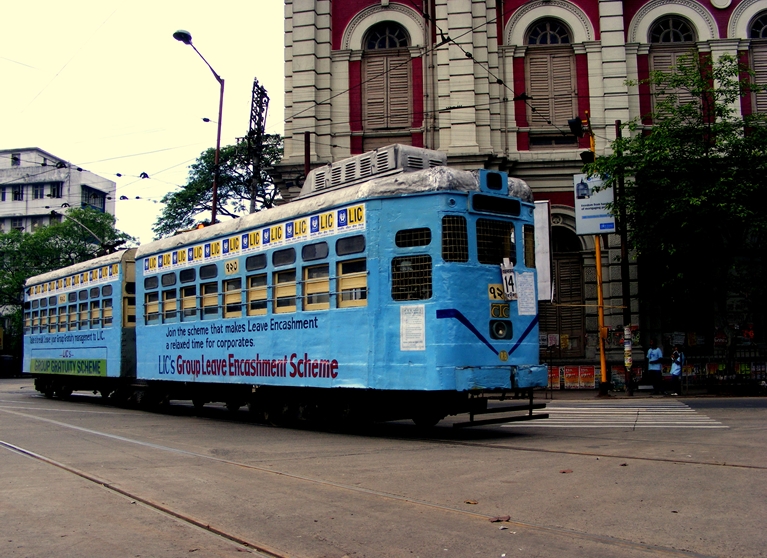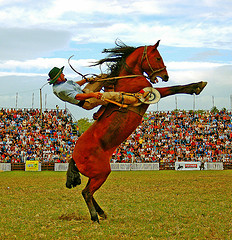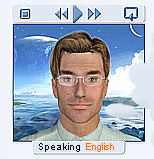From Africa to Asia: Paco had been taking so many pictures
In this topic you will learn about the Past Perfect Continuous Tense and modal verbs. These verbs are also called auxiliary modal verbs. Modals are very easy, you'll see.
As for phonetics, you are going to learn, distinguish and reproduce the sounds /e/, /ə/ and /ɜ:/.
Let's go.
Watch the following video to gain a general idea of how to deal with modal verbs in English.
All the auxiliary verbs except be, do and have are called modals. Unlike other auxiliary verbs, modals only exist in their helping form; they cannot act alone as the main verb in a sentence.
Be, do, and have also differ from the other auxiliaries because they can also be used as ordinary verbs in a given sentence.
The modal verbs are: can, could, may, might, must, shall, should, ought to, will, would.
 |
 |
 |
| By Indianhilbilly. C. Commons. |
By Indianhilbilly. C. Commons | By T. Maximov. C. Commons |
Source: wikipedia.
Modal verbs are special verbs which behave very differently from normal verbs.
Some common modal verbs are: can, could, may, might, must, ought to, shall, should, will, would.
Click below to see some important differences:
Idioms are phrases and sentences that do not mean exactly what they say. Even if you know the meaning of every word, you may not understand the idiom because you don't understand the culture behind it.
You can lead a horse to water, but you can't make it drink.
 |
| By Eduardo Amorin Creative Commons. |
You can give someone the opportunity to learn or to do something, but you can never force them to accept that opportunity.
Remember that, whenever you want to know the pronunciation of any word or phrase, or if you want to practice pronunciation, you can write something under Mike and he will pronounce it for you!

|
About modal verbs with explanations in Spanish.
If you need more information about modal verbs, you can have a look at this video with lots of example.
Click here to study the formation of the modal verbs in affirmative, negative and interrogative.